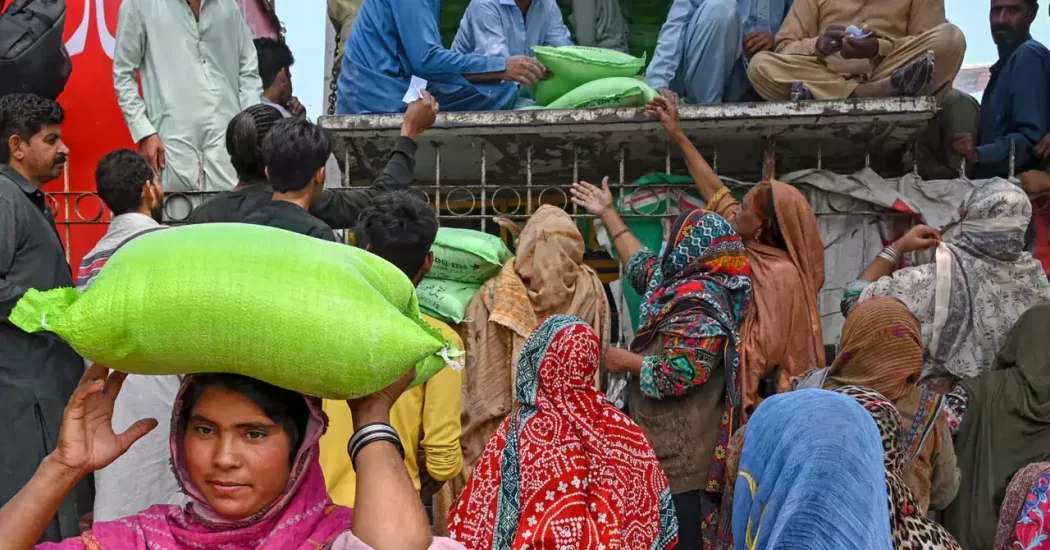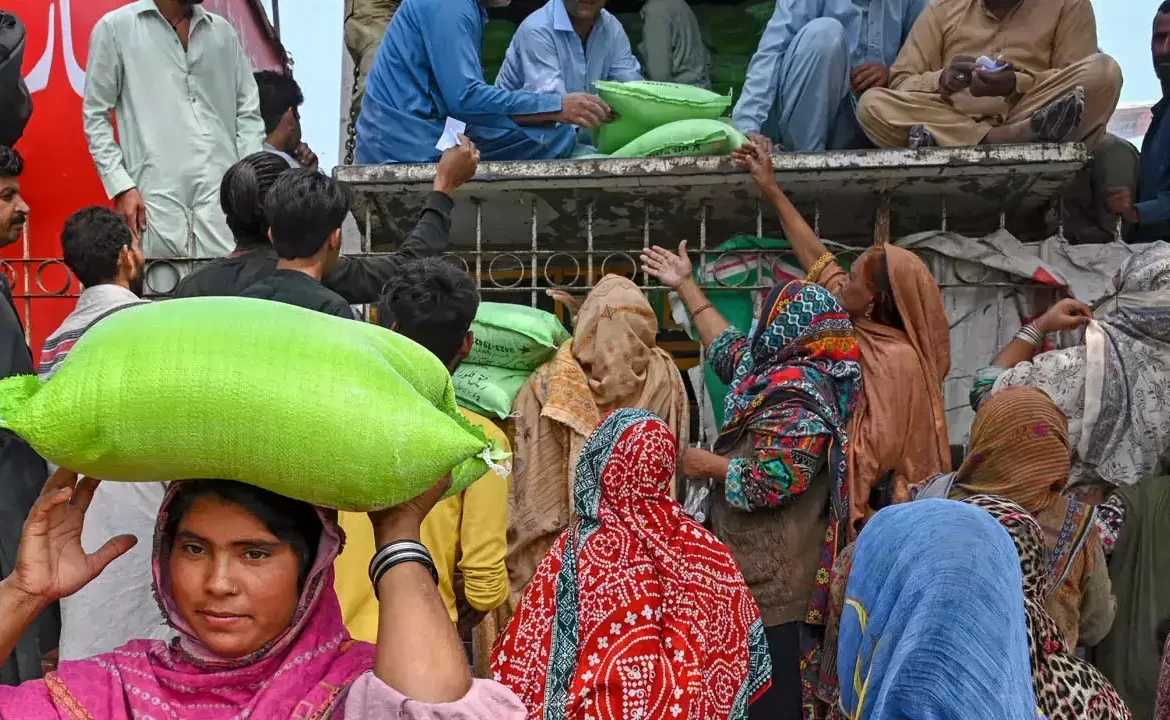
The Ministry of Finance provided a positive outlook on inflation for July 2023, forecasting a decrease compared to June 2023. The recent reduction in administered prices of petrol and diesel is expected to result in lower domestic prices for essential items, as transportation costs are impacted. Moreover, declining international commodity prices are anticipated to counteract inflation spikes caused by domestic supply shocks. Notably, the benchmark index for international food commodity prices dropped in June 2023, primarily due to price decreases in major cereals and vegetable oils.
The report highlighted the government’s timely measures to boost the agriculture sector through the Kissan Package, leading to a better crop outlook and improved domestic supplies. Additionally, expected political stability and a stable exchange rate are likely to contribute to price stability. The projected inflation for 2023 is expected to remain in the range of 25-27 percent.
In terms of the current account deficit, the report noted a significant decline in the trade deficit, resulting in a surplus for the last two quarters of FY23, despite the decline in workers’ remittances. For FY24, the expectation is that both exports and imports will gradually increase in the upcoming months, maintaining the current account deficit within a sustainable limit.
On the fiscal front, there has been a notable improvement, with the primary deficit reducing significantly from Rs. 945.3 billion to Rs. 112 billion during Jul-May FY23. The fiscal deficit is expected to continue declining from the previous year, mainly due to a 12 percent reduction in non-markup spending.
Looking ahead to FY24, the government aims to achieve higher growth of 3.5 percent through several strategic measures, including support to the agriculture and industrial sectors, promotion of exports, encouragement of the IT sector, and resource mobilization.
Also, see:
Honda might introduce hybrid electric vehicles in Pakistan
Topics #featured #trending pakistan





